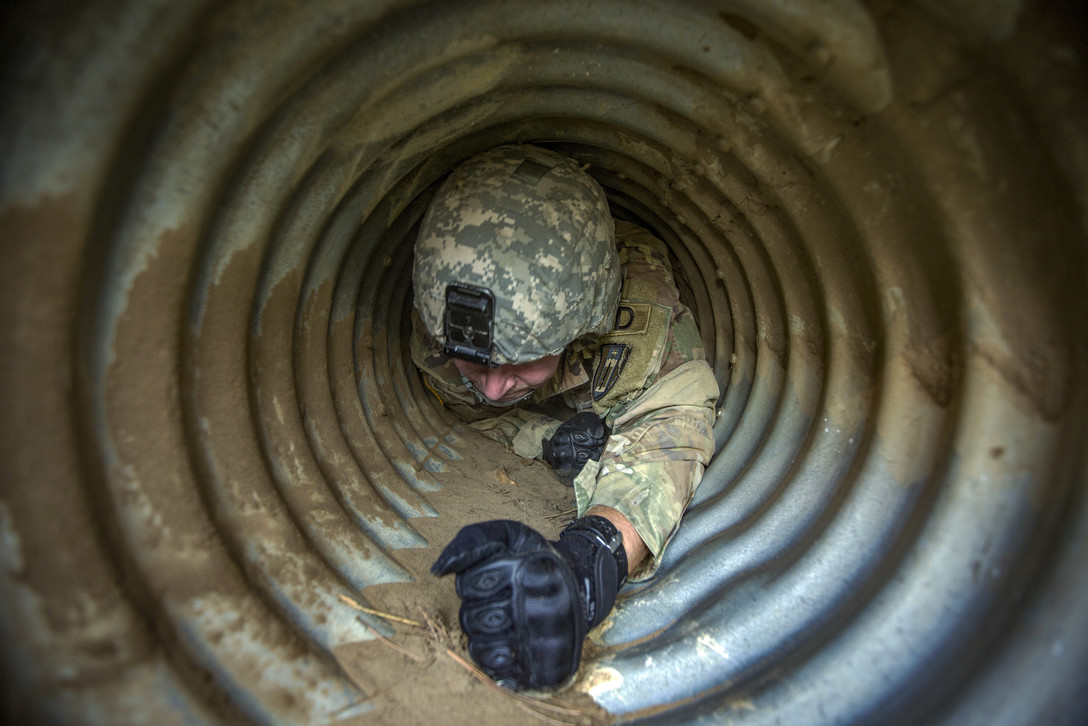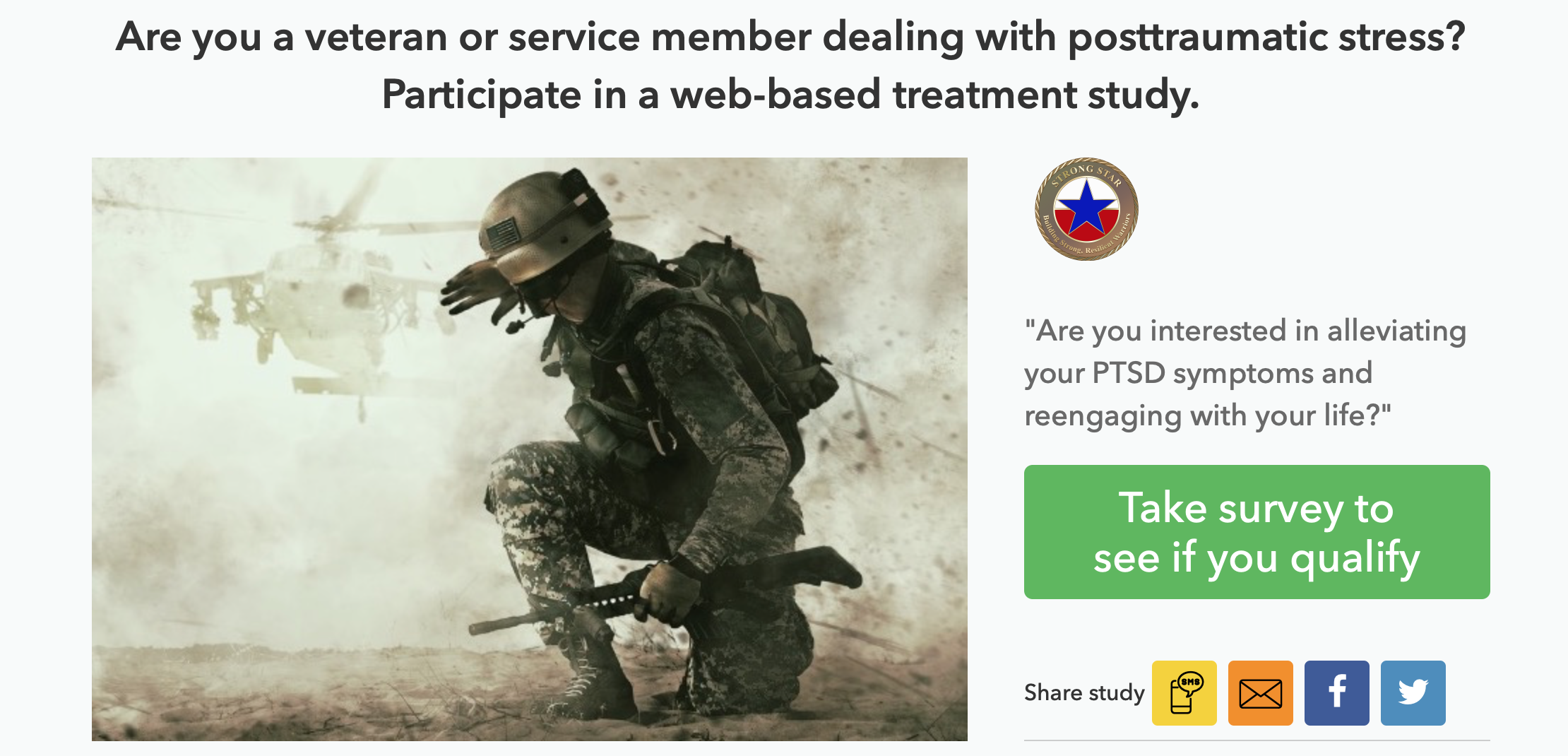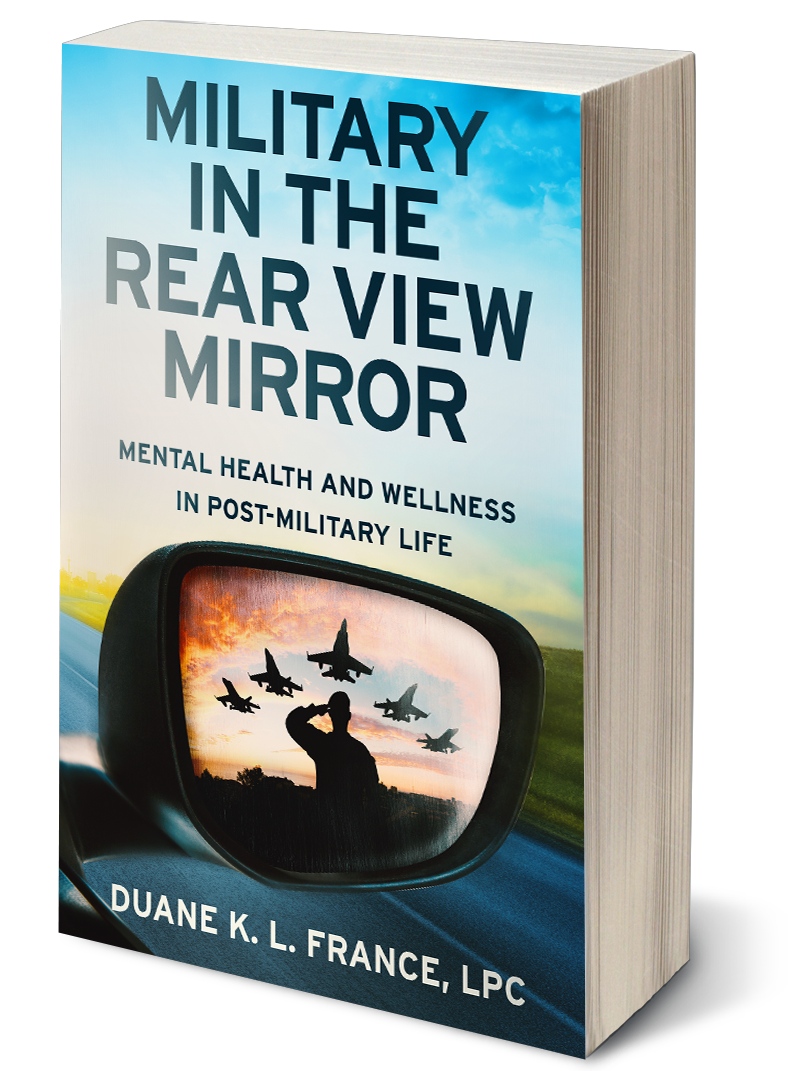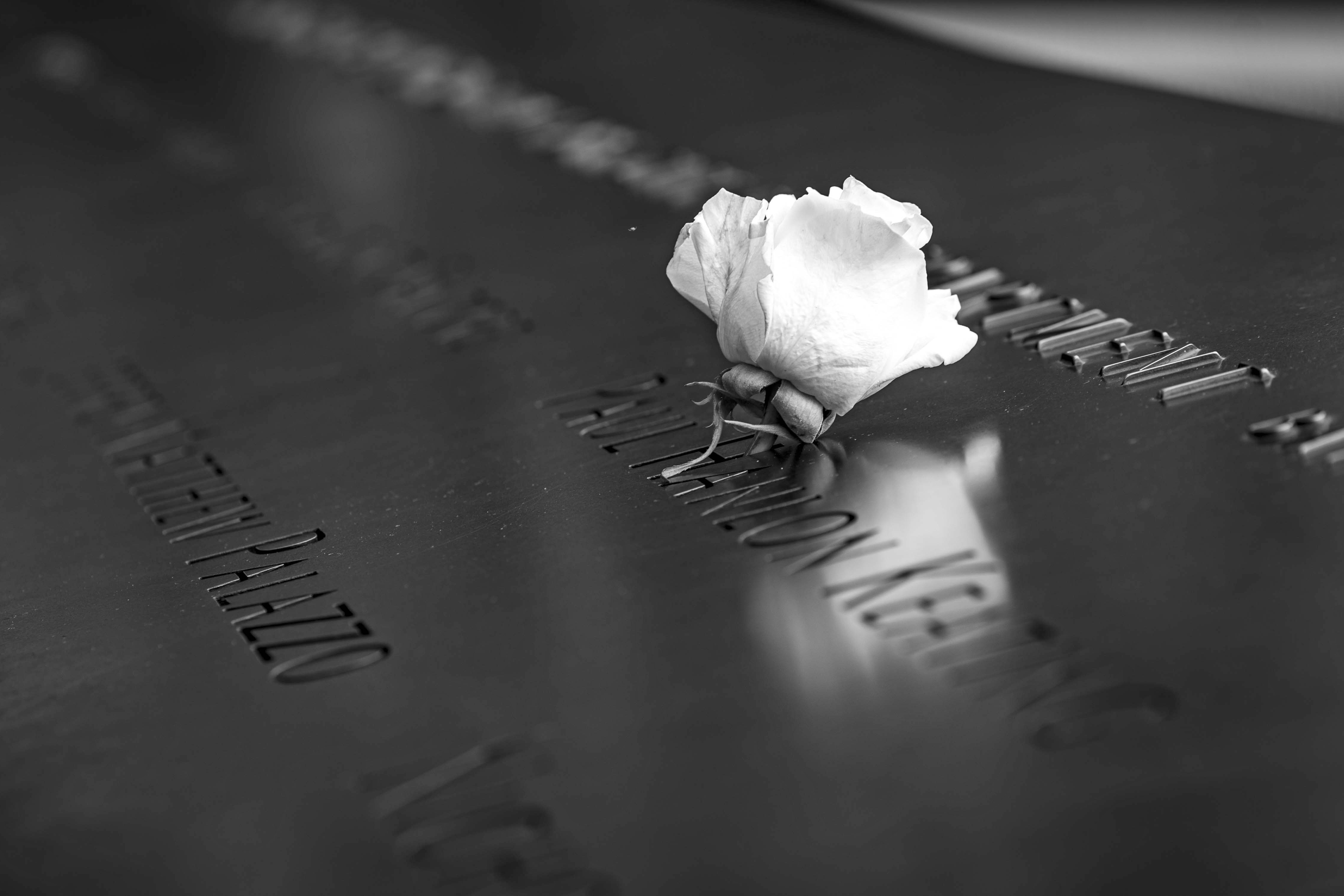
(U.S. Army Reserve Photo by Spc. John Russell)
Dealing with challenges in mental health after military service can be like being stuck in a tunnel, not knowing where to turn or how to get out. For many veterans, there are a lot of barriers against seeking mental health treatment for challenges related to their military service. Some of those barriers include not wanting to talk about what’s been happening, but others include access. Many veterans don’t know what resources are available, or the “9 to 5” nature of in-person services are hard when we’re trying to hold down a job.
A colleague from the National Center for PTSD, Dr. Carmen McLean, recently reached out to find veterans who may be interested in participating in an online treatment study. From Dr. McLean:
Veterans with PTSD don’t always feel comfortable seeking in-person therapy. Others may have difficulty fitting in-person therapy sessions into their busy schedules. This study provides evidence-based therapy online so that sessions can be completed on your own, at home, with an expert PTSD therapist to help support you by phone. If you are have deployed after 9/11 and are dealing with posttraumatic stress, you may qualify for this web-based treatment study.
According to a study by the National Academies of Sciences, Engineering, and Medicine, “the use of the Internet or the phone to receive mental health care is acceptable to nearly half of OEF/OIF/OND veterans. Younger veterans tended to be more open to obtaining mental health care using the Internet.” We do a lot of stuff online…why not this? Participating in this study could not only benefit veterans themselves, but also be able to help our brothers and sisters by finding out what works and having a say in our own recovery.
If you’re interested, you can find the study by following this link or clicking on the picture below.
If you know of a veteran who could benefit from this, please forward this to them. Post on social media, share with your networks, and let others know. Together, we can help our veterans live the post-military life they desire and deserve.




2 Comments
Keith Kaleas · November 7, 2018 at 7:05 pm
What about the Gulf War Illness. We Were the FIRST ones to experience PTSD. Just NO ONE wanted to admit that there were things that were not right in our lives. What about the Korean War, WW1, WW2, Vietnam, and the Cold War?
Duane France · November 7, 2018 at 8:01 pm
You are absolutely correct, Keith. If you will look around the site, you will see that there is no Pre- Post- split going on here. I am a huge advocate of mental health for ALL veterans…as you can see here: http://veteranmentalhealth.com/2016/07/26/what-about-the-forgotten-veterans/
This particular study, however, is focused on Post 9/11 veterans, as it has been shown that younger veterans are more comfortable accessing mental health through digital means. As with many other studies, the parameters of the study are limited by the people sponsoring it…in this case, this study is funded by the Department of Defense.
We have also had a couple of guests on our podcast who started their work in supporting veterans experiencing Gulf War Syndrome, and are very much in favor of supporting ALL veterans. Thanks for your comment!
Comments are closed.